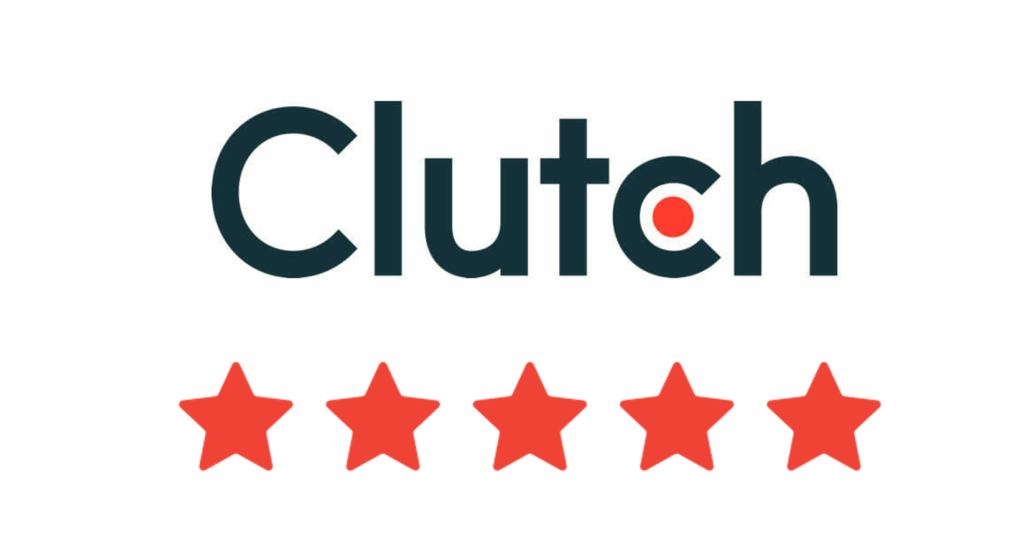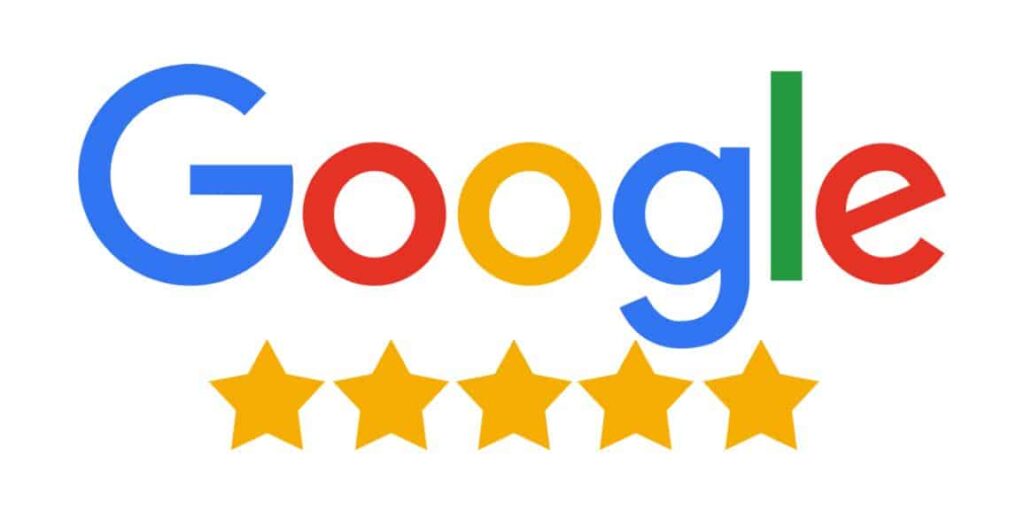In today’s digital-first world, the importance of search engine optimization (SEO) in shaping online experiences is undeniable. As a key driver in the digital marketing universe, SEO goes beyond mere keyword integration—it’s about understanding and influencing how potential customers find and engage with content online.
A staggering 68% of online experiences begin with a search engine, underscoring the pivotal role of SEO in guiding digital footprints. This dynamic and multifaceted tool does more than improve search rankings; it connects businesses with their target audience in the most organic way possible.
By weaving SEO into your marketing strategy, you’re not only increasing your visibility but also enhancing user engagement and building lasting relationships with your audience. As we dive into the nuances of incorporating SEO into your marketing strategy, remember: it’s a journey of continuous adaptation and learning, perfectly aligned with the evolving digital landscape.
Identifying Your SEO Goals and Working With Experts

The first step in your SEO journey is setting clear, measurable goals. Are you aiming to increase organic traffic, enhance brand visibility, or climb to the first page of search results? Understanding your market segment and user behavior is crucial to formulating these goals.
Once your objectives are defined, consider partnering with experts who specialize in your niche. For instance, if you run a SaaS business, working with a respected SaaS SEO company can provide essential expertise and strategies customized to the SaaS sector’s distinct characteristics.
Such specialists have an in-depth grasp of the unique hurdles and prospects within the SaaS field, equipping them to develop bespoke SEO approaches that effectively connect with your intended audience. By leveraging their specialized knowledge and experience, they’ll make sure that your SEO efforts are not only well-directed but also yield maximum impact in terms of visibility and engagement.
Leveraging Programmatic SEO for Scalability
As your SEO strategy matures, it’s essential to address scalability, and this is where programmatic SEO comes into play. This innovative approach uses software to automate and scale the creation of web pages, targeting a plethora of long-tail keywords. It also helps to consistently update content to remain relevant and engaging for users.
It’s particularly useful for large websites, such as eCommerce platforms or directories, allowing them to efficiently cater to numerous search queries. Programmatic SEO is a powerful tool to expand your digital footprint and attract a diverse range of search traffic without the need for manual input in content creation for every single query. This approach optimizes resources while maximizing reach and relevance.
The Role of High-Quality Content in SEO

The heart of SEO is undoubtedly high-quality content. Content that engages, informs, and resonates with your audience is a key player in boosting your SEO rankings. Content must also be consistently updated and expanded to keep pace with evolving user interests. Search engines prioritize content that provides value, keeping users on your site longer and reducing bounce rates.
Additionally, incorporating multimedia elements like videos and infographics can further enhance engagement. The trick is to strike a balance between content that appeals to search engines and content that genuinely interests your audience. By focusing on creating informative, relevant, and well-structured content, you not only cater to the algorithms but also establish your brand as a trustworthy source of information.
Keyword Research and Optimization
Keywords are the building blocks of SEO. They guide users to your content, so identifying the right keywords is crucial. It also involves predicting future trends and adapting your keyword strategy accordingly. It involves understanding your audience’s search intent and the terms they use.
Once these keywords are identified, integrating them into your website and content is an art. Effective keyword integration enhances the user experience and search relevance. It’s not just about quantity; keyword stuffing is a thing of the past. Instead, focus on strategically placing them in your titles, headings, main content, and meta descriptions, ensuring they feel natural and enhance the readability of your content.
Utilizing Analytics and SEO Tools

To navigate the SEO landscape effectively, you must utilize the right tools and analytics. Tools like Google Analytics offer insights into your website’s performance, keyword rankings, and audience behavior. They also provide predictive analytics, helping anticipate future trends and user behaviors.
They help identify which parts of your SEO strategy are working and which need refinement. By regularly monitoring these metrics, you can adapt your strategies in real time, improving your SEO performance and staying ahead of the competition. This ongoing optimization is essential for sustained SEO success.
Mobile Optimization and User Experience
With the increasing prevalence of mobile browsing, mobile optimization has become a critical aspect of SEO. Ensuring a smooth, intuitive mobile interface is paramount. Having a website optimized for mobile devices transcends mere convenience; it’s imperative. Essential features of such a site include adaptable design, swift load speeds, and straightforward navigation.
Enhancing the user experience goes beyond mobile optimization. It also means creating content suitable for mobile consumption. It encompasses the entire journey a user takes on your website, from the moment they land on your page to the moment they leave. A seamless user experience reduces bounce rates and increases the likelihood of conversions, positively impacting your SEO rankings.
Link Building and Off-Page SEO Tactics
While on-page SEO focuses on optimizing elements within your website, off-page SEO involves actions taken outside of your website to impact your rankings. Link building is a significant part of this, where other reputable websites link back to yours. Creating shareable content increases the potential for organic link acquisition.
For search engines, it represents an endorsement of your site’s credibility and relevance. But it’s not just about the quantity of links; the quality and relevance of these links are just as important. Ethical and effective link-building strategies, like guest blogging and partnerships, can significantly boost your site’s authority and search rankings. This, in turn, enhances your overall online credibility and visibility.
Final Thoughts
Crafting a successful SEO strategy is an iterative journey, demanding adaptability and a deep understanding of digital landscapes. Effective SEO goes beyond just boosting rankings; it intertwines with your overall marketing goals to enhance brand visibility and audience engagement.
Remember, the core of impactful SEO lies in quality content, strategic keyword integration, and a seamless user experience. Utilizing analytics and embracing mobile optimization are key. By incorporating these elements, SEO transcends being a mere tactic, evolving into an essential pillar for digital growth and sustained online presence.




